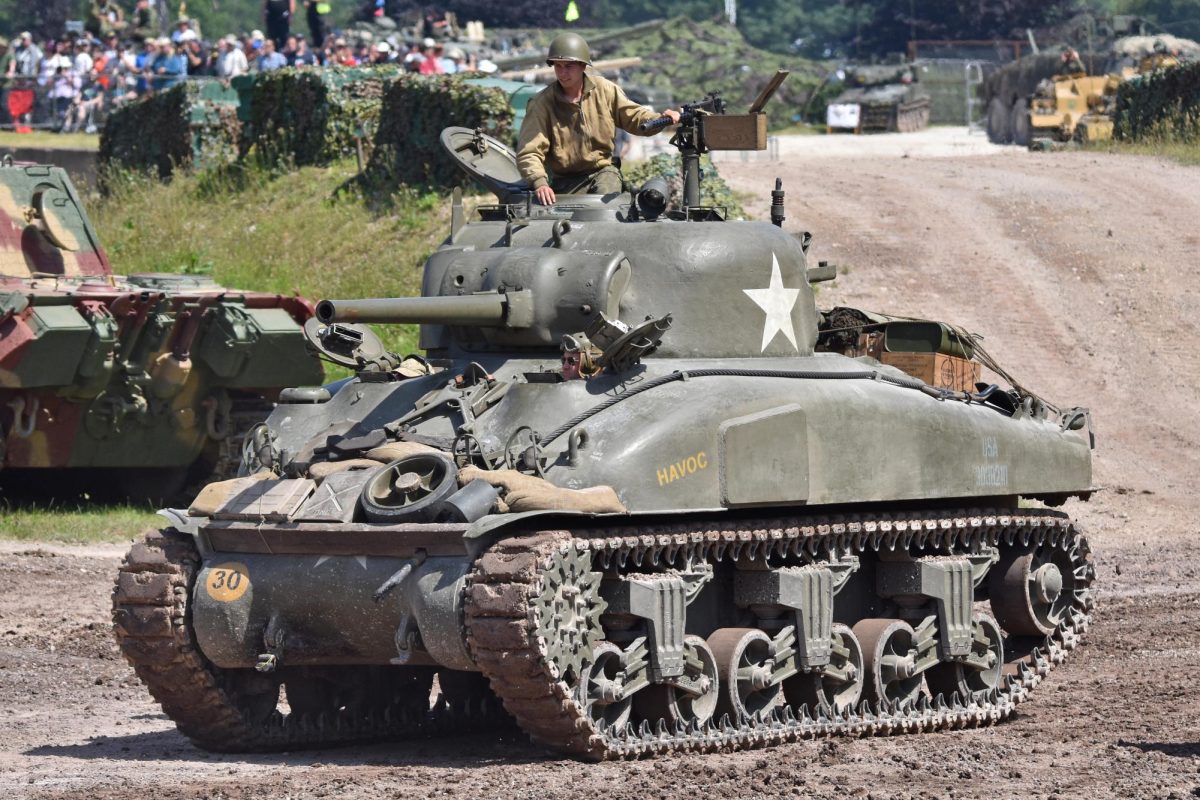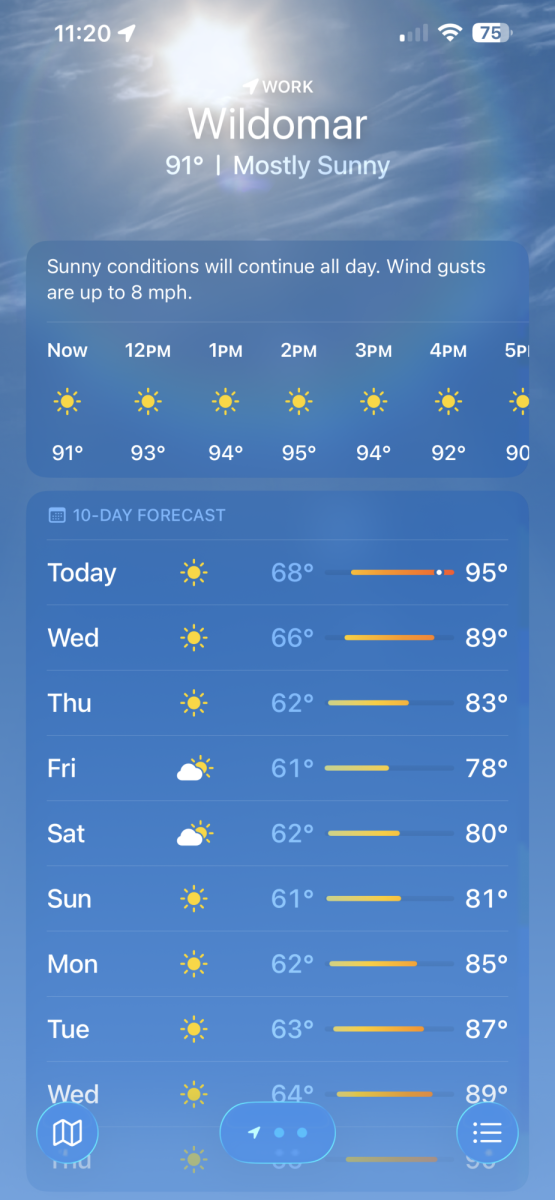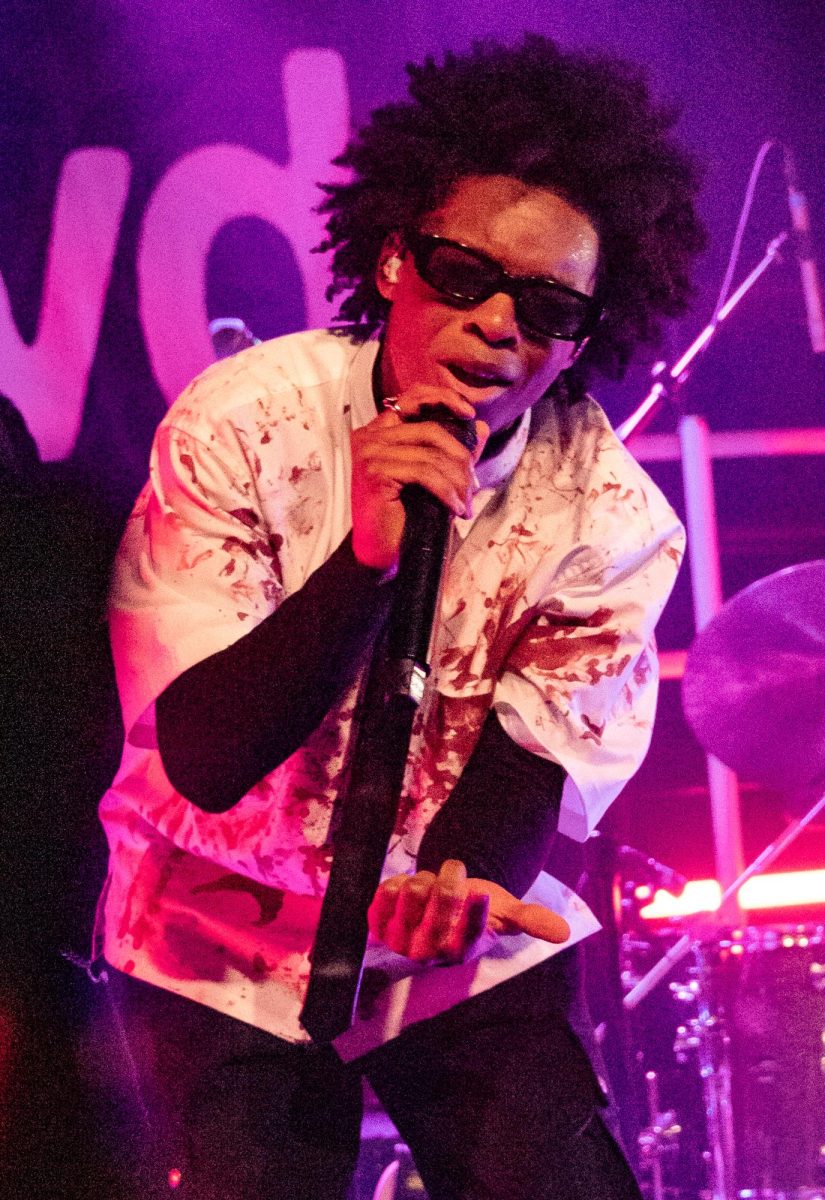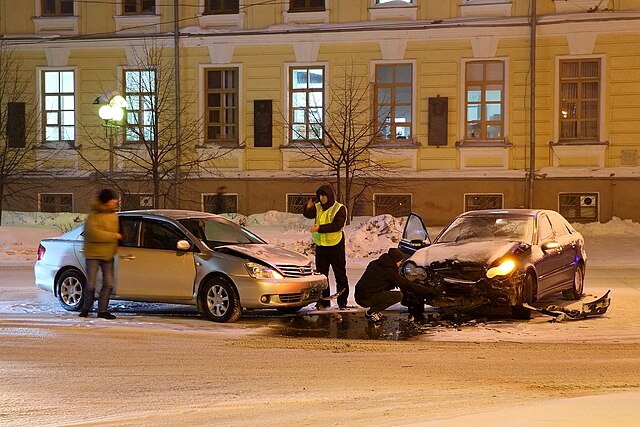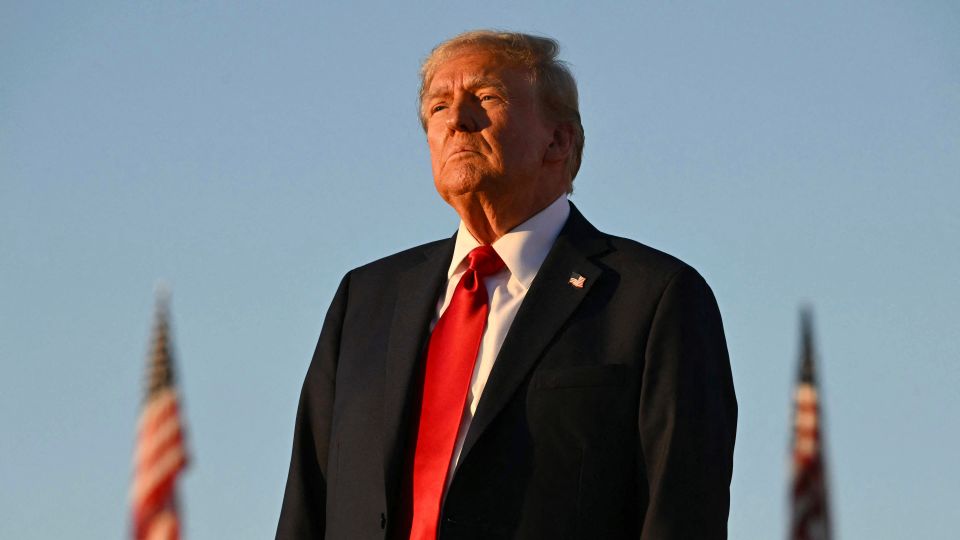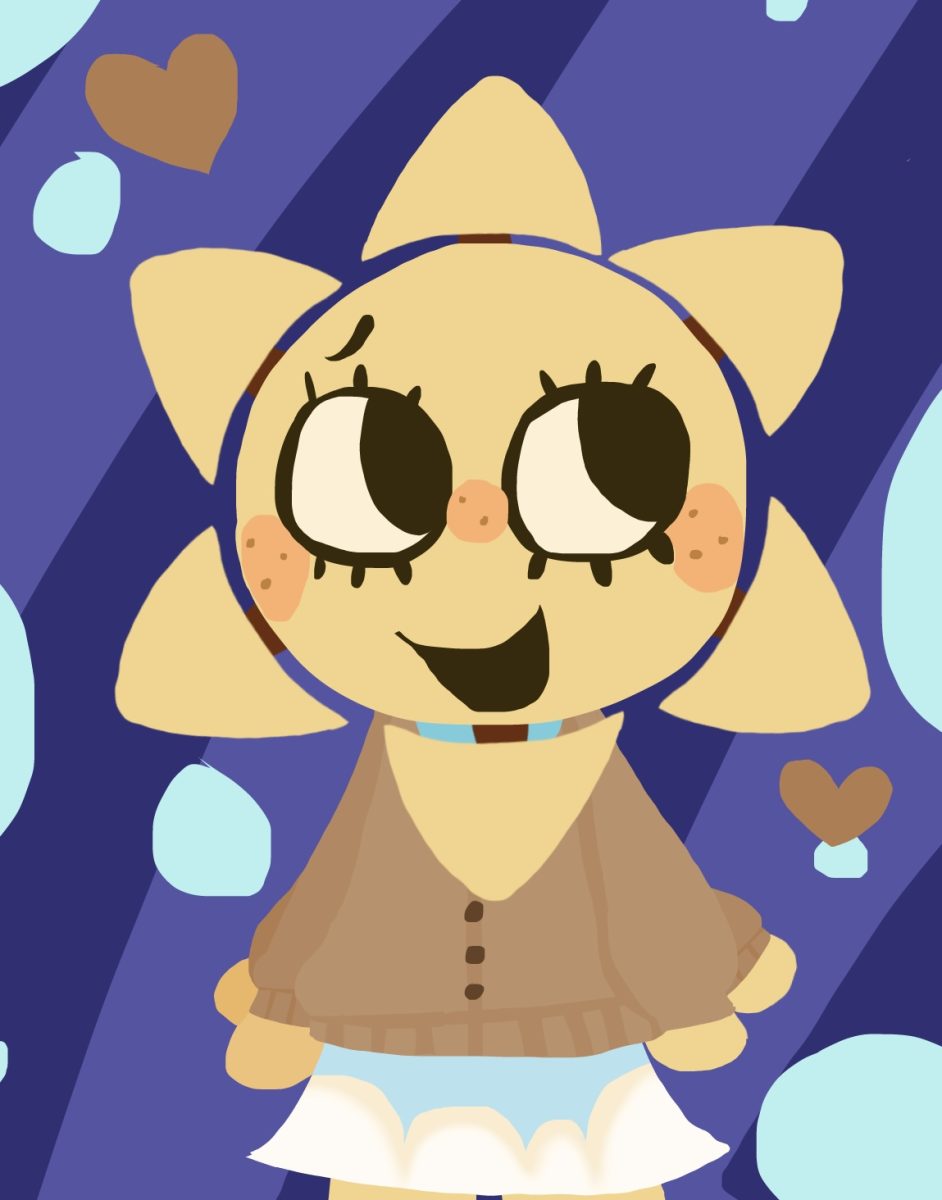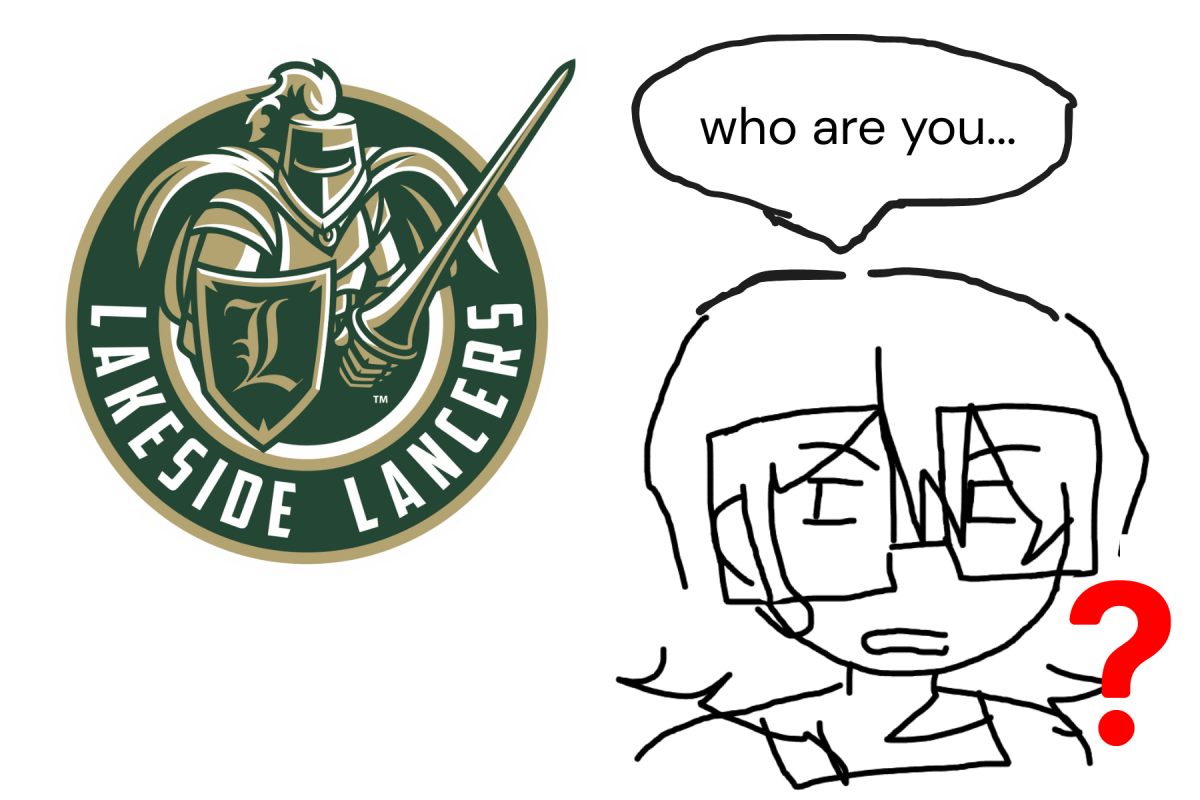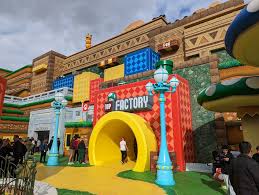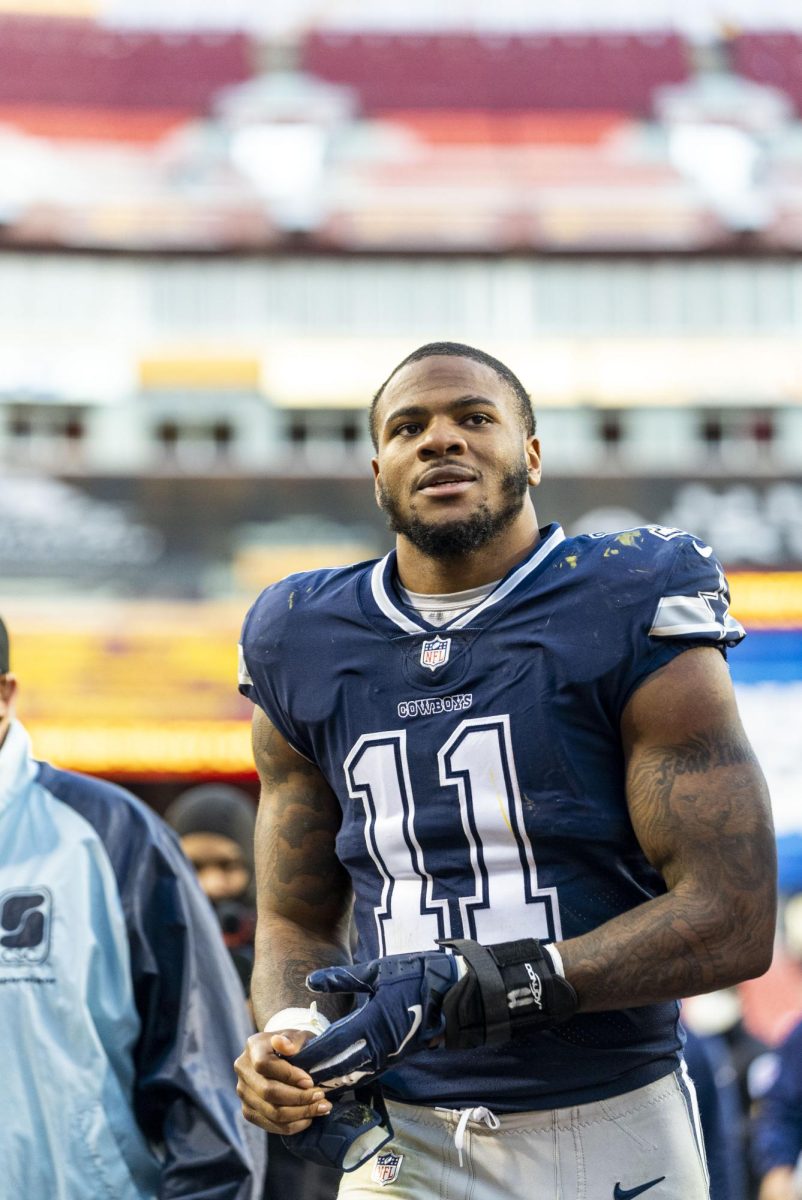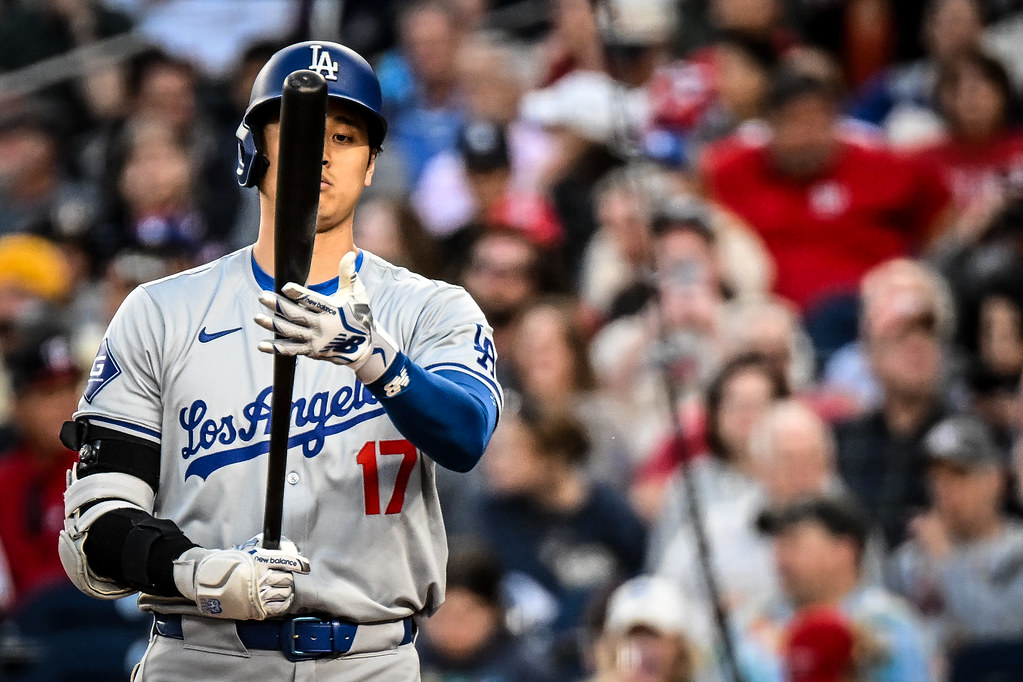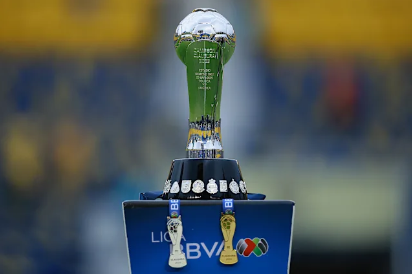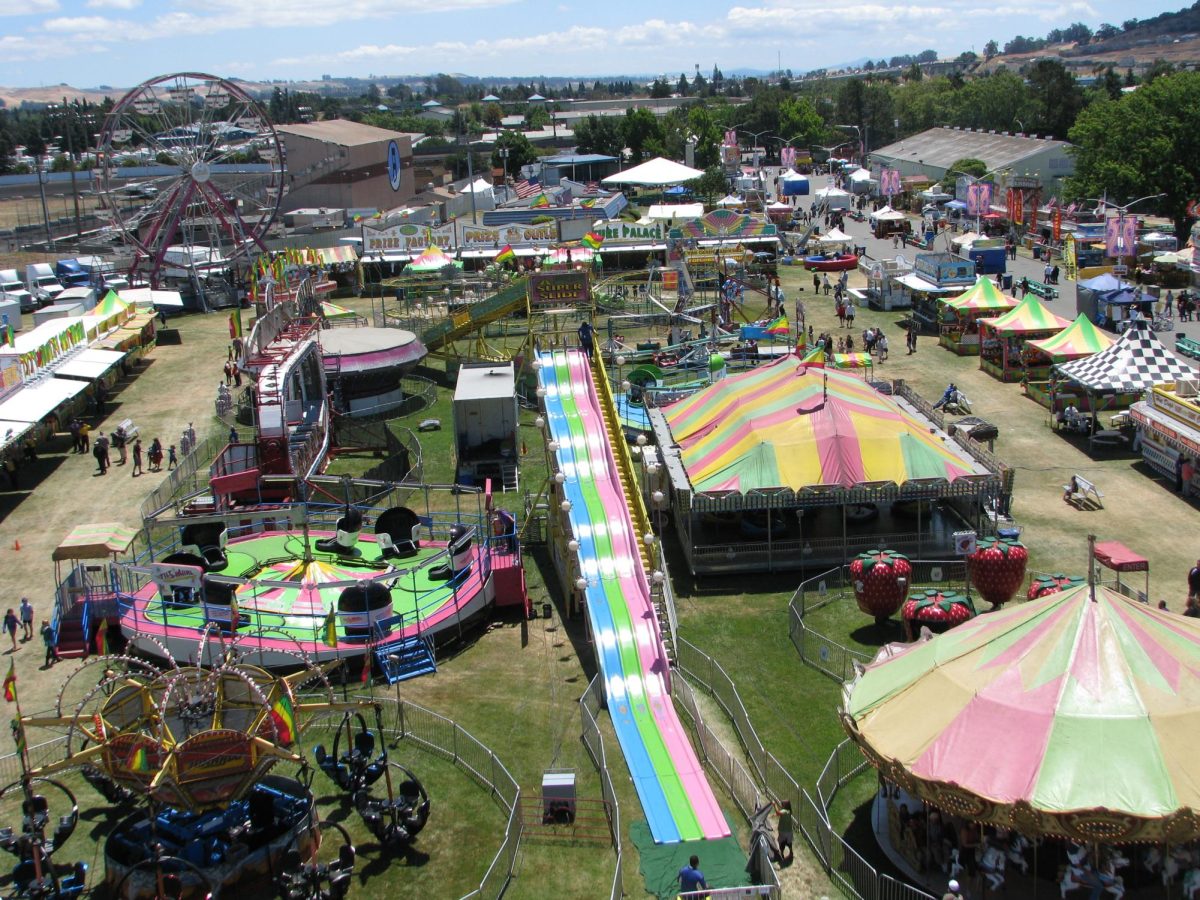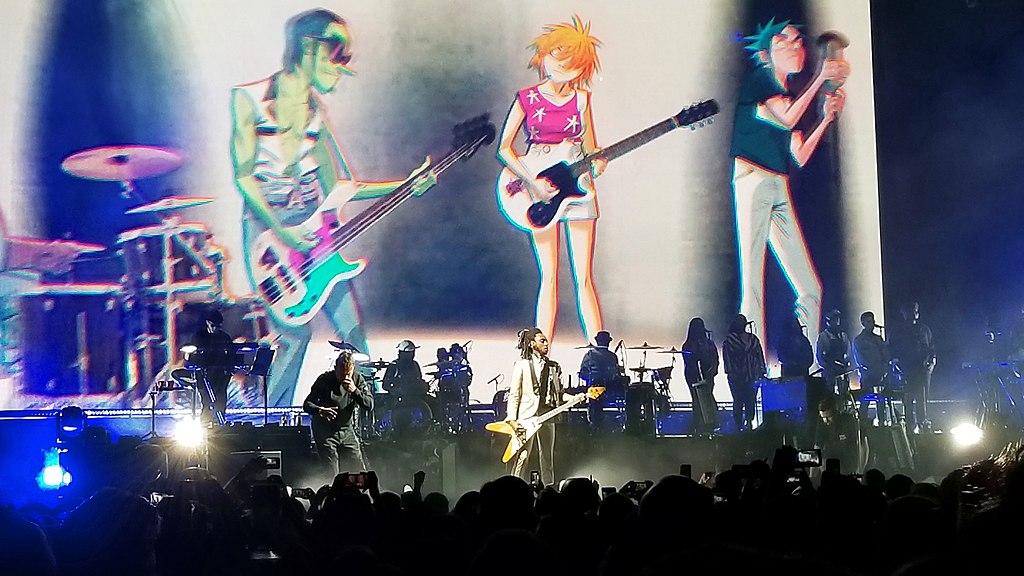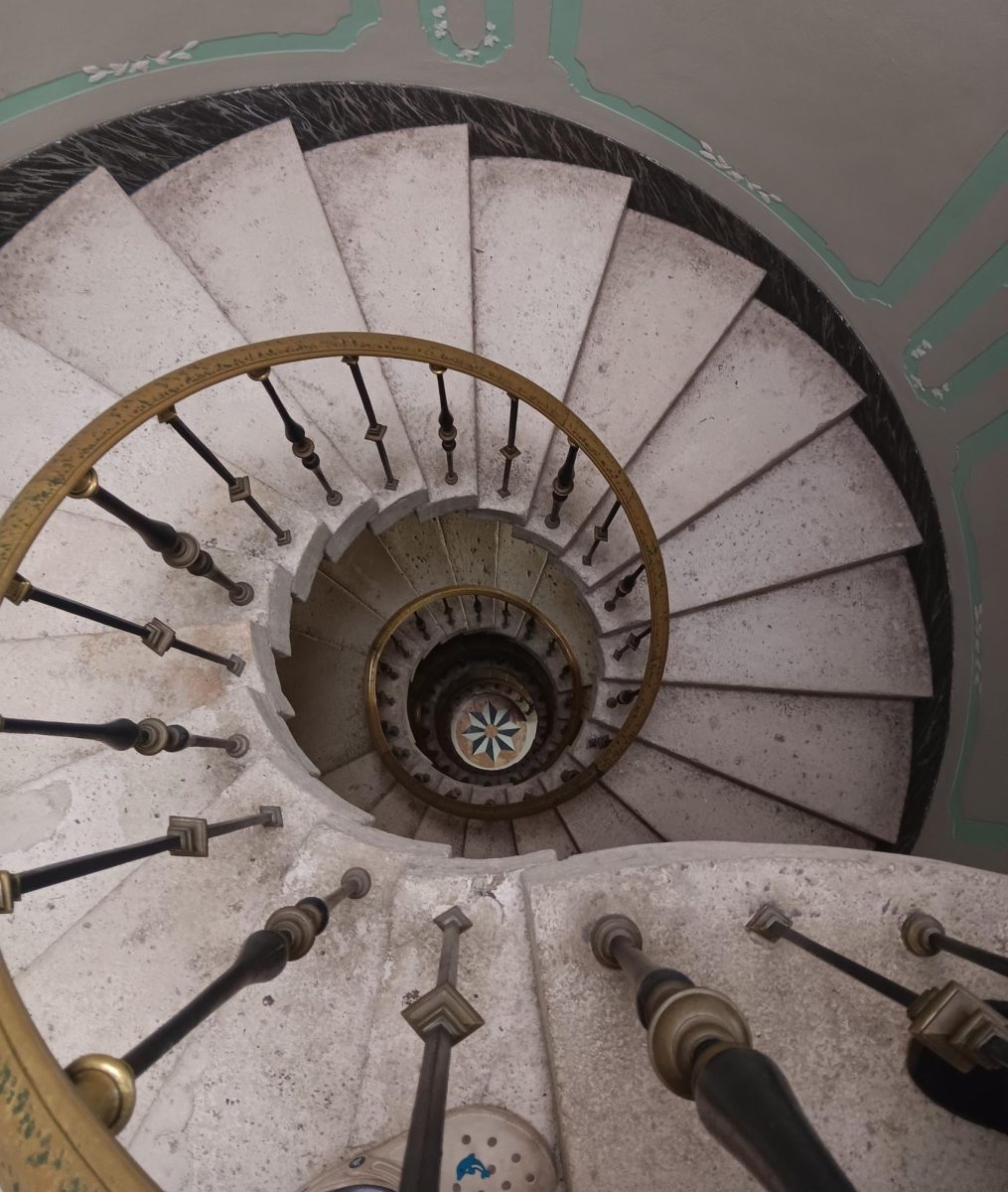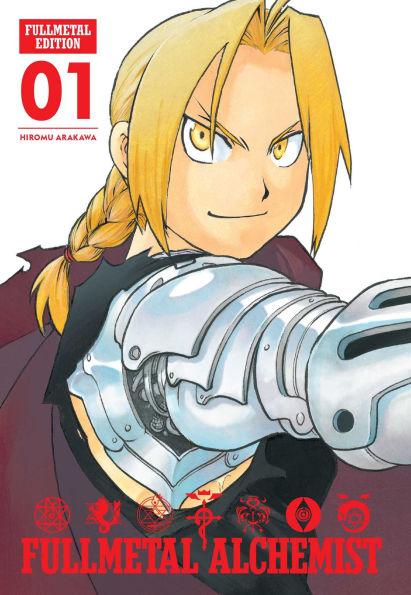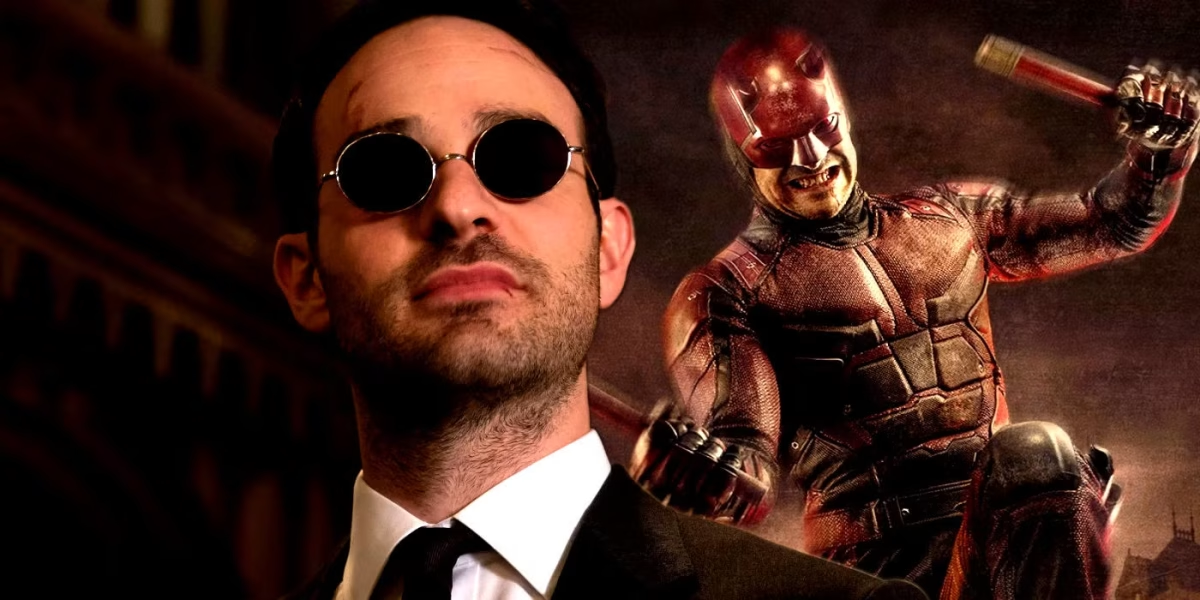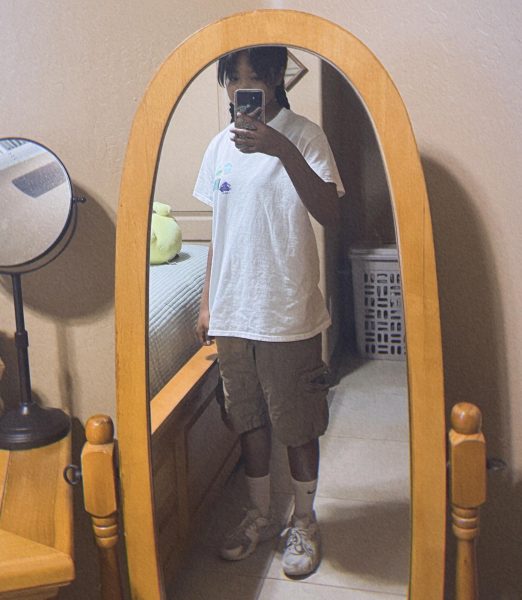[This article contains spoilers for Fullmetal Alchemist: Brotherhood!]
Over the span of 27 manga volumes, 5 seasons, and 56 animated episodes, mangaka Hiromu Arakawa builds the narrative of Fullmetal Alchemist around one focal question:
What is equal to a human life?
Arakawa employs several characters to answer this theme in a way that can be applied not just to the world of Fullmetal Alchemist, but to ours as well.
World Building and Context
The world of Fullmetal Alchemist wildly differs from our own in the amount of rules it’s bound by, or rather, the lack thereof. Magic literally exists in the form of alchemy, the ability to instantly transmute matter into anything. With the right amount of studying, anyone can create anything. The only rule that applies to this seemingly limitless magic is the Law of Equivalent Exchange: to obtain something, something of equal value must be lost.
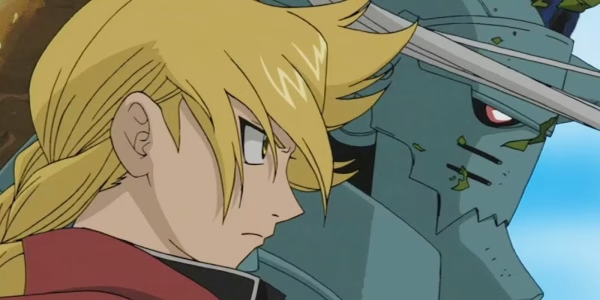
The protagonists, brothers Edward Elric and Alphonse Elric, begin the narrative by gravely underestimating this law. When attempting to transmute their dead mother back to life, even though they gathered every element that scientifically composes a body, they fell short of the cost of actual human consciousness. The Elric brothers’ failure ends with the “god” of their world, the facilitator of all alchemic transactions, taking away Alphonse’s entire body and Edward’s leg. This is the first time the viewers are introduced to the concept that a human life has an entirely unique and entirely unknown cost of its own. Fullmetal Alchemist is a narrative that revolves around the Elric brothers and their quest to understand that price in order to get their original bodies back.
In the brothers’ search, they discover philosopher stones, which are essentially human sacrifices concentrated into a single gem for convenient alchemic use. We learn that human lives are the ultimate currency when it comes to transmutation; however, I don’t think that this alone is the answer to the question of life’s worth that the author sought to convey with this story. Instead, I think Arakawa wanted to ask the question on scale much broader than the fantasy and magic, on a scale that the viewers can take away into the real world.
Characters That Tackle This Question
Scar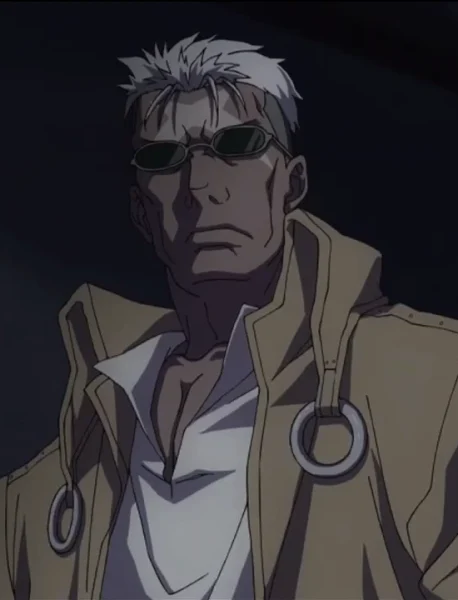
The civil war between Amestris and Ishval is an important event that contextualizes the story’s overarching theme. While entirely fictitious, the author herself has stated that it was heavily influenced by her view on real world conflicts, such as the Iraq War, Ainu conflicts in Hokkaido, and many others. The events of Fullmetal Alchemist take place after this, where the vestiges of the war (or, more accurately, the one-sided extermination of Ishvalan civilians) express themselves as a desperation for vengeance within several different characters.
Scar, for example, is one of the story’s main supporting characters, and is one of the few remaining Ishvalans left. His development revolves around his quest to kill every Amestrian alchemist he can find. However, by the end of the series, it resolves with him realizing that he’d make a greater impact dedicating his life to supporting living Ishvalans instead, rather than perpetuating the conflict any further. His entire character arc is essentially just him developing an answer to the story’s focal question, only worded a little differently: is the death of Amestrians enough to make up for the death of Ishvalans? The conclusion he came to was his answer, and it was no. He determined that not even other human lives were equivalent to the lives lost in Ishval.
Edward Elric
Another instance where a character is faced with the dilemma of defining the worth of human life is when Edward Elric’s father, Van Hohenheim, offers to be a human sacrifice so that Edward can save his brother’s life. Realistically, at this point of the story, Hohenheim meant a lot less to Edward than his brother Alphonse did. Edward and Alphonse were literally all that one another could had for awhile, and Hohenheim was their deadbeat father that showed up barely halfway through the show’s runtime. Edward makes this painstakingly obvious too, shamelessly berating him whenever the opportunity arises. However, despite Hohenheim’s insistence, Edward stood firm on his belief that the transaction of his life in exchange for his brother was fundamentally wrong. This was Edward’s version of Fullmetal Alchemist’s ultimate moral question: is his brother’s life worth any more than his father’s life? Regardless of his biases towards the two, his answer was still no, and he refused to use Hohenheim as a sacrifice.
Dr. Knox
Doctor Knox, a retired military pathologist who had been tasked with dissecting dead bodies during the war, is a character that carries immense guilt for his involvement in it. He suffered from severe post-traumatic stress disorder long after returning from the battlefield, experiencing violent nightmares repeatedly until his wife and child ended up having to leave for their safety. He’s in a state of deep depression and stagnation when he’s introduced to the Elric brothers.
However, the thing that propels him out of it is the thought that he still has the capacity to save people with his knowledge; while he can never change the fact that it was built through the sacrifices of many innocent people, he can still use it to save others. I interpret this as another question of worth, as in whether him wallowing in regret and essentially giving up his life is enough to pay for his wartime atrocities: again, it’s another no. Instead, his only option is to continue living while knowing that he cannot atone for something as priceless as human life, and he must move forward regardless.
Fullmetal Alchemist’s Theme
The overarching theme that Hiromu Arakawa wanted to convey with the story of Fullmetal Alchemist is that there is no justification for taking a human life, because there is no conceivable cause that can be worth the same as it. The characters in the show move forward because there’s no use in trying to convince themselves that they killed for a greater good– there is no “good” that is greater than life.
Personal Thoughts
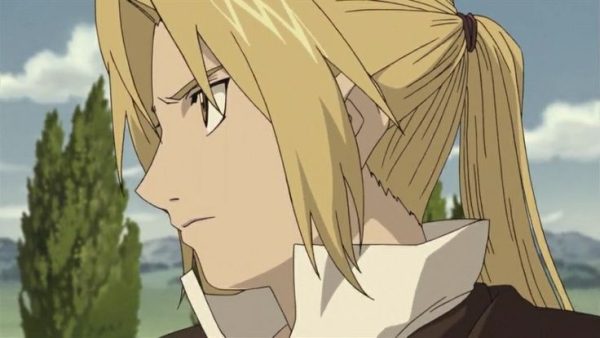 While a theme that is essentially just “murder is never right” is pretty straightforward on paper, I actually find it super relevant today! The obvious application would be to the many vengeance-motivated global conflicts that litter the news today; except, since I’m not nearly qualified enough to write about politics, I’d rather relate it to something I’m a little more familiar with: media! I feel like a lot of mainstream storytelling media (movies, television, and story-centered video games) today don’t handle character death with nearly as much weight as they should, which not only creates a desensitized audience, but also loses out on a lot of potential in emotionally attaching the audience to the narrative. When characters kill characters without grieving the worth of human life, it’s boring. (Characters from shows like those would have committed human sacrifice in the world of Fullmetal Alchemist without a second thought!). But Fullmetal Alchemist does the exact opposite of this, consistently reminding the viewer of just how much life is worth through its characters. I think that’s why I and so many other’s like it so much!
While a theme that is essentially just “murder is never right” is pretty straightforward on paper, I actually find it super relevant today! The obvious application would be to the many vengeance-motivated global conflicts that litter the news today; except, since I’m not nearly qualified enough to write about politics, I’d rather relate it to something I’m a little more familiar with: media! I feel like a lot of mainstream storytelling media (movies, television, and story-centered video games) today don’t handle character death with nearly as much weight as they should, which not only creates a desensitized audience, but also loses out on a lot of potential in emotionally attaching the audience to the narrative. When characters kill characters without grieving the worth of human life, it’s boring. (Characters from shows like those would have committed human sacrifice in the world of Fullmetal Alchemist without a second thought!). But Fullmetal Alchemist does the exact opposite of this, consistently reminding the viewer of just how much life is worth through its characters. I think that’s why I and so many other’s like it so much!

